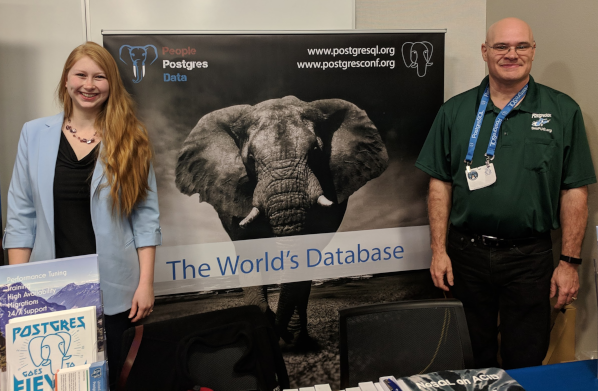Why did you attend PgConf US?
We have been looking for high quality, experienced, professional support for our application’s database for some time. We have found it difficult to find help online… seemingly every phone number we called was just an answering service. When we heard that the companies offering the level of service we were looking for were all available in the same place, we couldn’t resist.
Tell us a little bit (one or two paragraphs) about your project:
Our project (VX and VO collectively named Victor) is a SaaS solution for 911 emergency response systems. Victor provides analytics and quality assurance tools and services, enabling agencies to assess performance, measure resource & deployment activity, model demand, optimize workload, and even generate financial estimates.
For more information see our website.
Why did you chose PostgreSQL for your project?
Victor requires both time and spacial awareness, along with all the other things that are expected from an RDBMS. PostgreSQL is stable, secure, mature, well documented, open source, actively developed, community supported, and generally bad ass. The choice was easy.
As I understand it, attending PgConf US was a last minute decision. Do you think it was worth it? If so, why?
Absolutely! Our objective was to meet with vendors who were able to provide high quality support and we were successful. Additionally, we met a ton of super geniuses (Paragon, TimescaleDB, I’m talking about you) and learned more then expected. For example, we had no idea we could put raster images in PostgreSQL and process them with PostGIS… amazing!
Would you attend PgConf US again?
Yes… see above. Unrelated, but unbelievably cool, we met a guy named Solar… a PhD (from MIT!) passionate about carbon nanotubes.
Are you interested in contributing to the community and if so, in what fashion?
Yes! …and here is our biggest piece of feedback.
It would be great if there was a clear point of entry for people like us… we have been using PostgreSQL for several years, have been through several upgrade cycles (we started on 9.0) and have no idea how our skills could be of use. We make SaaS applications, but make nothing in C. What else does the community need? How can we help?





